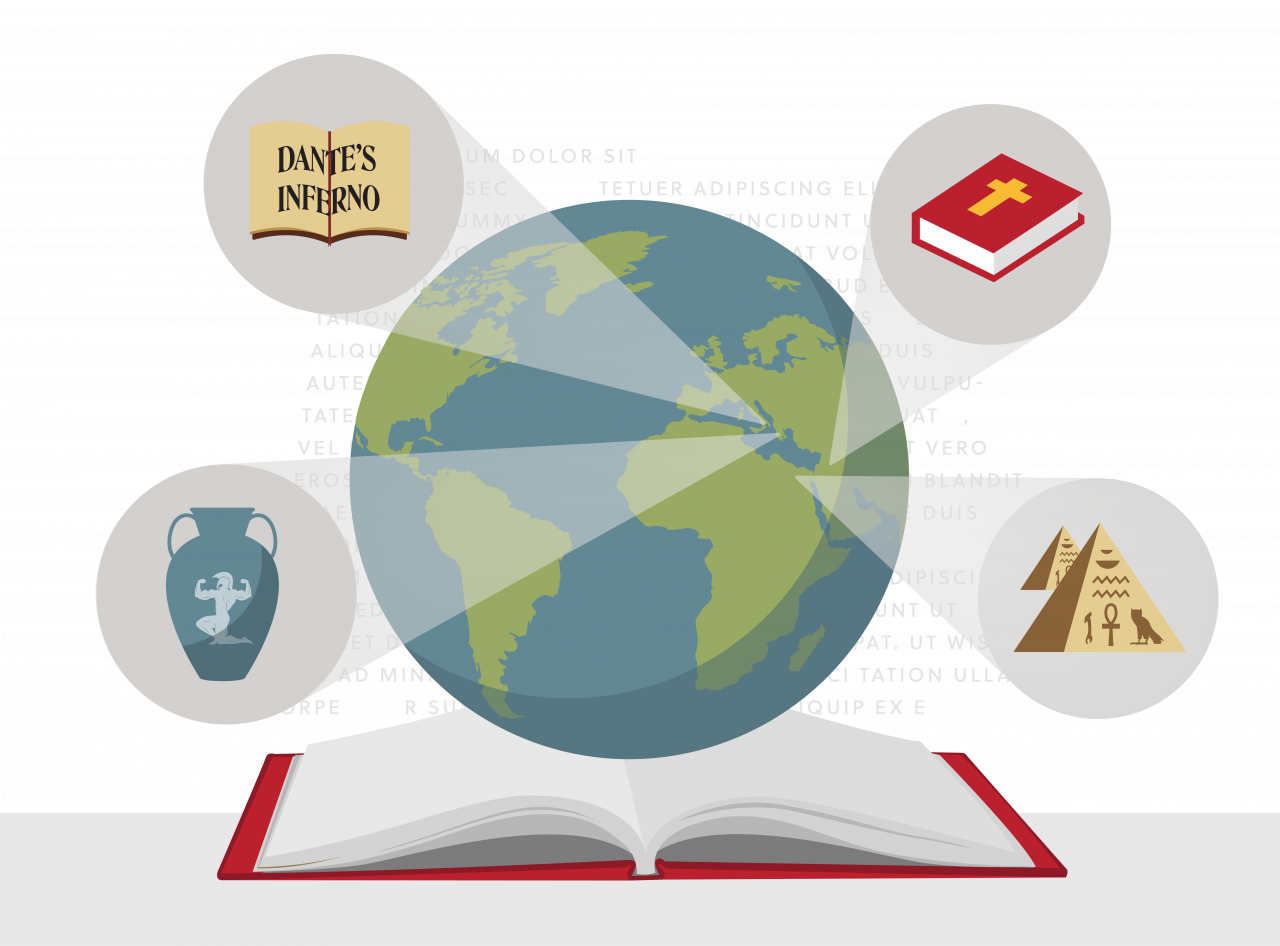Filed Under branding
Branding Mindhack: The Psychology of Storytelling and Archetypes
In our industry, we’re in the business of understanding people and how their minds work. That’s why our branding strategy is not only guided by natural intuition, it’s also backed up by psychological research.
Archetypes and Brand Storytelling
Branding your business is all about intentional and powerful communication with your audience. From the Bible to the boardroom, we’ve used storytelling to communicate for as long as we’ve been on the planet. Communication at its root is storytelling, and storytelling is innately human.
One of the most fundamental elements that can be found in all forms of storytelling is the presence of Archetypes. The research of Carl Jung and others identify archetypes as primitive, unconscious and universal prototypes or symbols that humans innately understand. They can be demonstrated with the universal themes, allegories, and character types that can be found in literature, film, television, theater, and yes, even branding.
Archetypes permeate our sociological history — in gods, totems, religious texts, myths — teaching us lessons and helping us understand the world around us. Greek and Roman mythology fulfill archetypes with heroes and gods and goddesses of love, pleasure, and more; “Mother Earth” has been viewed as our nurturing Caregiver; other religions tell us about an all-powerful God that rules over all living things.
Archetypes are timeless — they exist across cultures and across all of human history. Think of any form of storytelling — even ancient ones — and you’ll likely be able to pick out at least a few archetypal examples.
In the classic Italian poem, The Divine Comedy, Dante is the Hero conquering the rings of hell while Virgil is a classic representation of the Sage, guiding him through the depths with his wisdom and resourcefulness.

Archetypes may seem intuitive or even obvious, but they are backed up by extensive research over many generations.
Science of Archetypes
The Archetypes are based on our primitive human desires which exist in all of us, such as the need for belonging, freedom, power, etc. Each archetype is a personification of the pursuit of these desires, which is what makes these characters so relatable. We connect to these familiar stories, narratives, and themes because on a cognitive level, we have already made deep connections, associations, and memories with them. Drago, Leung, & Ward (2008) describe this phenomenon, called bottom-up processing, in terms of experiencing a story:
“The user’s story is rooted in personal experience: their interpretation of the story being conveyed to them gets compared with their own cognitive scripts, memories which have been labeled and laced with particular emotions – this is called bottom-up processing.” (pp. 38)
Reliving stories leads to a greater sense of enjoyment, understanding, and meaning.
Woodside, Sood, and Miller explain that the result of this is what Aristotle calls “proper pleasure” — or catharsis. This ties in with Jung’s work and suggests that watching, remembering and telling stories allows us to experience archetypal myths. Archetypes are innate and unconscious, an original prototype in our minds. In other words, archetypes are “as natural and embedded in us as our own DNA.”
Archetypes in Branding and Marketing
Since we know with concrete scientific research that archetypes are a powerful way to connect a reader or viewer to a story or character, we can harness this storytelling power in branding by creating brand personas with archetypal foundations.
The work of Daniel Taylor suggests that archetypes can help us make sense of what a story implies about us, and stories serve as a confirmation of our morals and ethics. And, as Woodside, Sood & Miller discuss, consumers often use products and services as props or anthropomorphic identities to enact story productions that reflect archetypal myths.
Bagozzi and Nataraajan assert “that people need help in finding what makes them happy, and this is where marketing comes in.” Strategic branding can aid a consumers’ conscious quest for happiness.

Connecting with this will create loyalty and a lasting impression. Deep ties with a story create emotional ties and lasting impressions on a cognitive level.
After all, every great brand is memorable and compelling.
Archetypes in Other Industries
To further drive home the effectiveness of using archetypes, here are some other notable industries that also harness the power of storytelling with archetypes.
Museums
Museums often use common story or character archetypes to enhance an educational experience. Particularly, history museums may paint historical figures or countries in the light of a “hero” or illustrate the triumphant “hero’s journey” story model. For example, while painting the United States as a true valiant hero, The Intrepid Sea, Air & Space Museum minimizes the Vietnam War (Loewen, 2008). Since we understand and connect with these kinds of character archetypes heroes of historical events are depicted as true and noble.
Video Games
The studies of Huerta suggest that games that utilize narrative produce greater immersion than games with high quality graphics alone. This drives home a principle that Ivio holds dear that aesthetics aren’t everything.
As studied by B. Ip, the back stories of many video games frequently include the familiar narrative of “the hero’s journey” and archetypes of the hero and the shadow. Since archetypes are character models we have experienced before and understand, their use aids in relating to game characters, which creates a more enjoyable and meaningful game experience.
Conclusion
You may have heard the term “brand storytelling” tossed around the marketing, branding, and design industries. At Ivio, we put our money where our mouth is and take it a step further. We know from science-backed research the power archetypes have in creating stories that connect, compel, and inspire. Using archetypes to guide the branding process ensures that your brand will captivate your audience and compel them with innate connection. After all, what is branding if not storytelling?
To learn more about how Ivio can help your brand succeed, check out our archetype based branding services.
